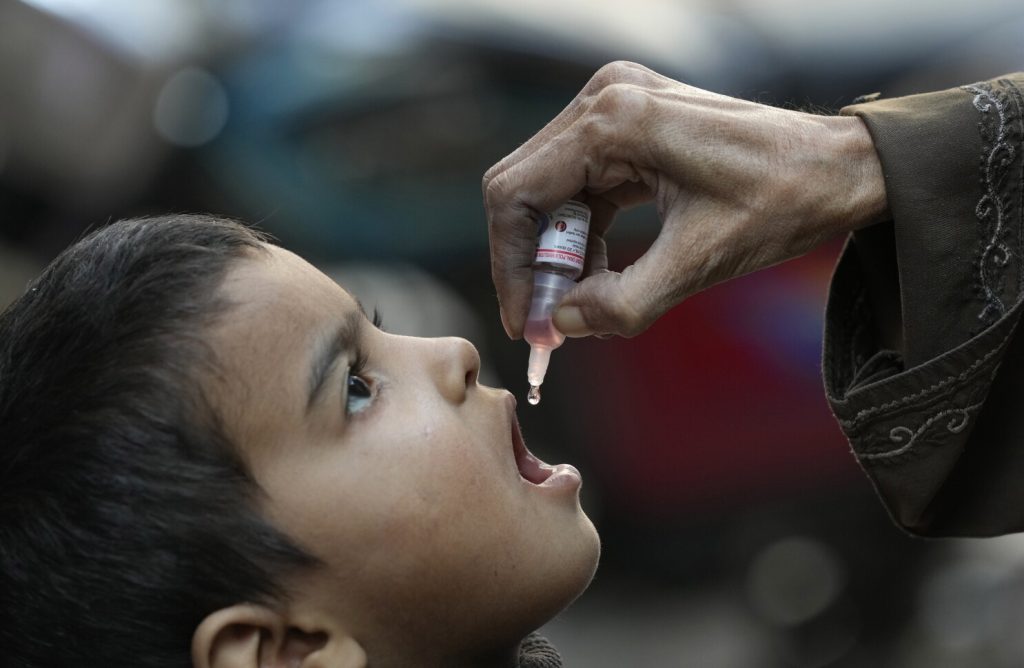Pakistan has built a world-class polio surveillance and immunisation system: dozens of environmental sampling sites, thousands of reporting locations, and national campaigns that reach tens of millions of children. Yet this infrastructure is facing a powerful challenge: more than 40,000 families in Karachi refused the polio vaccine during recent drives.
These refusals highlight a deep paradox. While the surveillance system is strong and the government’s commitment to polio eradication remains high, the “last mile” is proving the most difficult to cross. A sizeable number of children are being left vulnerable, even as the virus still circulates in many parts of Karachi.
Key reasons for refusal appear to revolve around knowledge gaps, not necessarily vaccine overload. Many parents remain misinformed about the safety and necessity of vaccination. This shows that even when systems are in place, trust and communication must keep pace.
Health officials warn that these pockets of refusal can undermine the entire eradication effort. As the number of polio cases goes down, missing children may become the very source of future outbreaks.
To tackle this, campaign leaders are pushing for more targeted awareness work: community outreach, religious and local influencers, and clear messaging to address myths around vaccination. They argue that enforcing vaccination alone will not work building trust is equally important.
If Pakistan is to finish the job and rid itself of polio, it cannot rely solely on its technical infrastructure. It also needs to close the gap in public acceptance. Only then can the vision of a polio-free nation be fully realized.



Comments (0)
No comments yet. Be the first to comment!
Leave a Comment